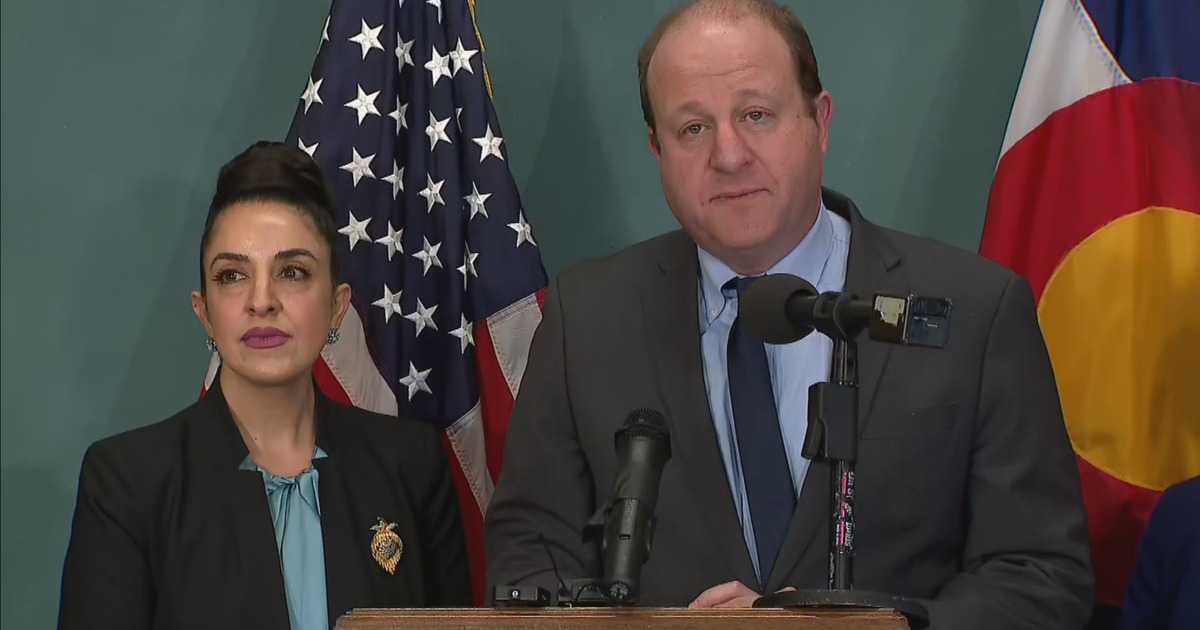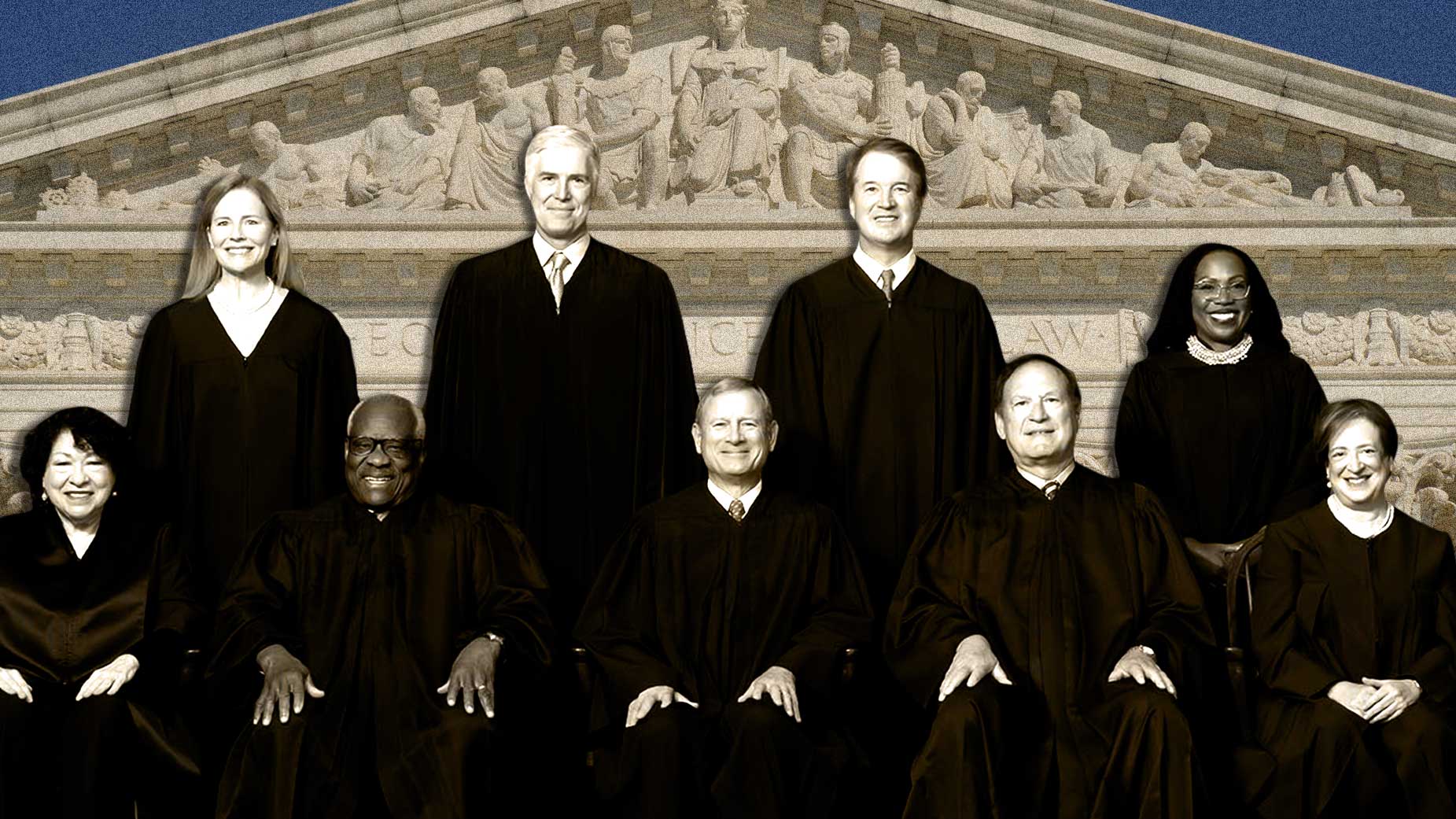John Dickerson's notebook: Partisanship claims another institution
Veterans of the United States Senate I talked to this week describe the decline of the institution like the slow fade of a neighborhood restaurant. First the owner died, then the food got bland, and then they stopped serving brunch. By the time the place closed, no one was surprised.
This feeling was caused by the partisan impasse over the Supreme Court. Republicans changed the Senate rules to confirm Neil Gorsuch on a simple majority vote. The minority can no longer block with a filibuster.
Called the nuclear option, the move was once considered unthinkable -- both sides would work out an alternative to avoid it. Senators now say it was inevitable. A body designed to resist splitting along party lines is stuck in that condition. No side can disappoint their base, say senators. Voters and interest groups treat everything as a test of purity. This builds on itself. Partisanship stalls Congress, leaving issues to be decided by the courts so partisans want to control the courts, too.
Each side publicly blames the other for this judicial tit-for-tat, though privately senators acknowledge their leaders are, or have been, to blame for the escalation.
It still takes 60 votes to pass legislation, but senators expect that to change, too. That could be good. A majority threshold would get more done and lawmakers couldn’t blame the filibuster for not acting -- but this is only an improvement if the senators are not so driven by partisans.
At this point I’m required to tell the story about George Washington explaining to Thomas Jefferson that the Senate was created to be a cooling saucer to the hot legislation that comes from the House. It still can be, but more and more there are weeks like this one, where it acts not like a saucer but a thermos.
Back in a moment.



